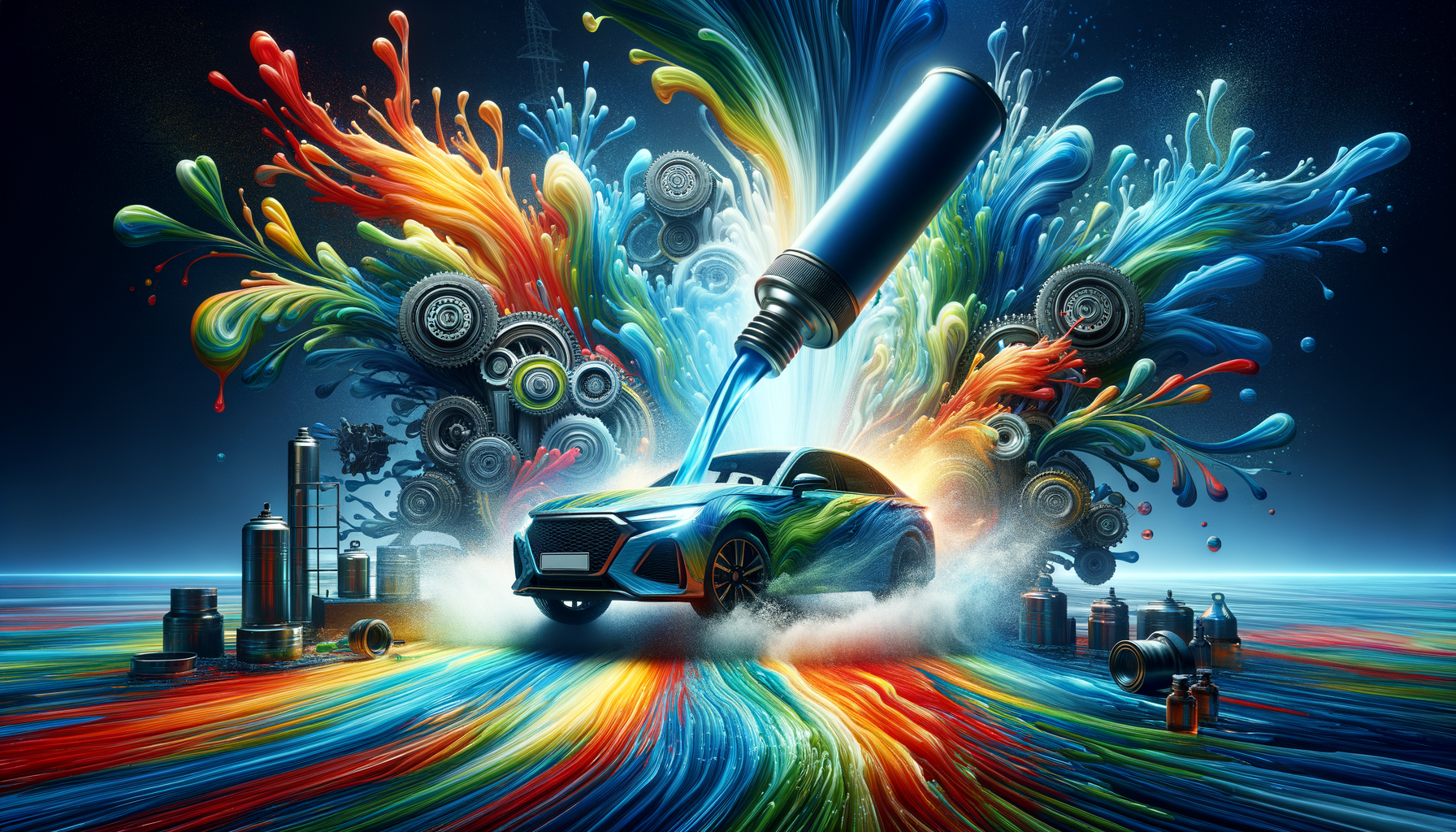Revving Up Innovation: The Surge of New Automotive Coolant Technologies

“`html
Automotive Coolant Technologies: The Lifeline of Modern Vehicles
Modern vehicles are marvels of engineering, with automotive coolant technologies being a fundamental aspect of their operation. Unlike the straightforward antifreeze solutions of the past, today’s coolant technologies serve not only to keep the engine at an optimal temperature but also to ensure the efficiency and longevity of powertrain components.
Evolving Chemistry for Enhanced Protection
An Inside Look at the Radical Changes in Antifreeze Chemistry reveals how coolant formulations have become more sophisticated. With a focus on preventing corrosion, maintaining pH balance, and resisting boiling and freezing, modern coolants are an intricate blend of science and technology. The introduction of organic acid technology (OAT) coolants and hybrid organic acid technology (HOAT) has signaled a shift towards long-life coolants that offer extended protection for vehicle engines and components.
Embracing the Electric Revolution
As the world shifts towards electric vehicles (EVs), coolant technologies are rapidly adapting. The introduction of EV-specific coolant portfolios, such as those by Old World Industries, underscores the industry’s commitment to innovation. EV immersion cooling techniques are revolutionizing how battery systems are maintained, directly influencing performance, safety, and charging speeds. For instance, New battery-cooling technology has enabled an EV student racing team to recharge their vehicle in under four minutes, illustrating the potential for a transformative impact on the broader EV market.
Global Market Trajectory and Innovation
The Global Automotive Cooling Fan Market is poised to hit $64.14 billion by 2028. This growth is indicative of the expanded role of cooling systems, encompassing not just the engine, but other critical areas like batteries and electronics. Companies like Lumax Auto Technologies are at the forefront, launching new ranges of lubricants and coolants specifically designed to meet the challenges of modern vehicular technologies in diverse climates, like those found in India.
Optimizing Vehicle Performance
The paradigm of Modern Cooling System Design has extended to enhancing vehicle performance. It’s no longer about simply keeping the powertrain within a safe temperature range, but also about influencing the aerodynamics, reducing weight, and maximizing fuel efficiency. Notably, Ford’s dedication to addressing the EcoBoost coolant issues demonstrates a commitment to refining these critical systems and offering solutions that enhance overall performance and reliability.
The role of pressure sensors in electric vehicle cooling systems epitomizes the integration of electronics with coolant technology. By monitoring system pressure, these sensors contribute to the safety and efficiency of the vehicle, allowing for timely maintenance and optimized performance.
Keeping Vehicles Safe and Cool Under Pressure
A testament to the progression of coolant technologies is the launch of Glysantin®’s newly-developed products, engineered to protect battery vehicles from overheating while maintaining optimal performance. The emphasis on safety and efficiency is significant in an industry where consumers demand both reliability and environmental sustainability.
Coolant technologies may not always be at the forefront of vehicular innovation discussions, but they are the unsung heroes that keep the automotive industry moving forward. As we pave the way for cleaner, more efficient vehicles, it is clear that coolants will continue to play a vital role in automotive development. Whether it’s for conventional combustion engines or cutting-edge electric powertrains, the need for advanced cooling solutions is as critical as ever.






